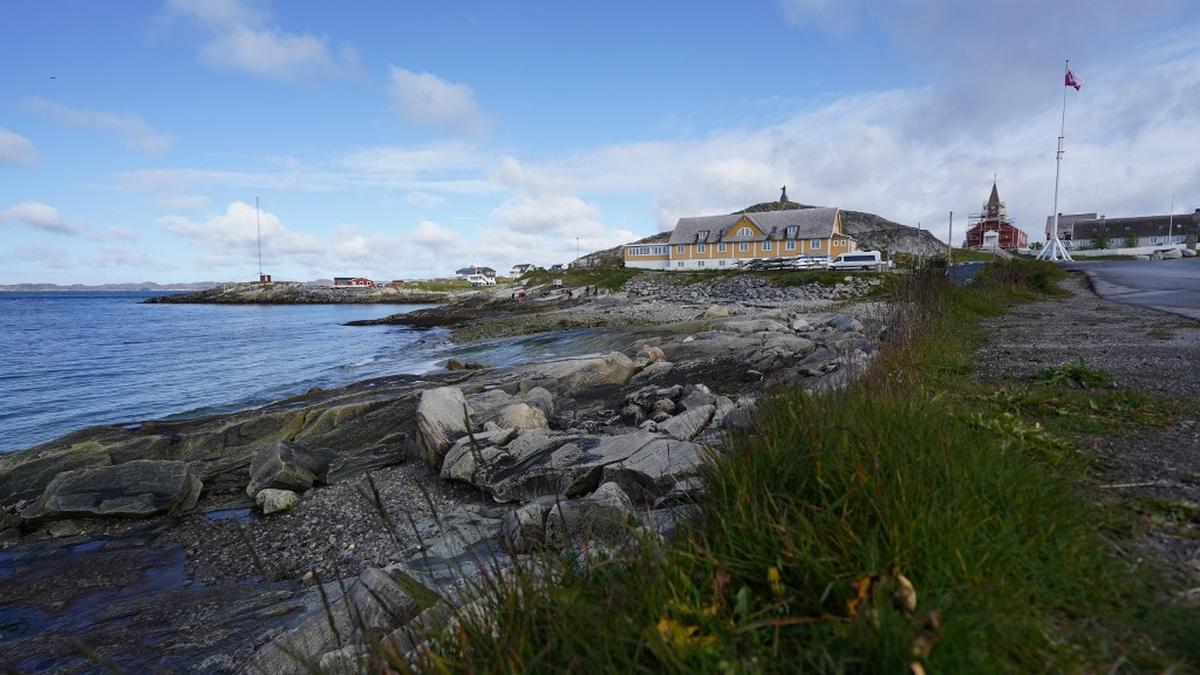Greenland Calls on Denmark to Acknowledge Its Historical Wrongs
The controversy surrounding Denmark's coerced contraception practices in Greenland has gained significant momentum since a victim first shared her story five years ago. Greenland is now urging the Danish government to take responsibility for the trauma inflicted upon its people

Between the 1960s and 1990s, Danish authorities compelled over 4,500 young Inuit women to have intrauterine devices (IUDs) inserted without their consent or that of their families. This initiative, aimed at controlling the birth rate in the Arctic region, has left a lasting impact on the lives of those affected
Investigations and Legal Action
Experts from Greenland, Denmark, and the international community have launched investigations into the legal implications of this scandal, focusing on violations of indigenous rights and issues of consent. The findings of these inquiries are expected to be released in mid-2025
In addition to the legal investigations, nearly 150 women have sued the Danish state, with a trial anticipated in 2025. The IUDs caused infertility in about half of the women involved, and many bear both physical and psychological scars from their experiences
Greenland's Call for Acknowledgment and Reconciliation
Greenland's Minister for Gender Equality, Naaja Nathanielsen, emphasized the importance of these investigations as a step towards reconciliation. "Violations did take place. How can we frame it in a legal setting? That's what is being looked into right now. Maybe genocide, maybe not," she stated, highlighting the need to consider human rights and indigenous rights aspects
Naja Lyberth, the first woman to publicly recount her experiences, firmly believes that numerous human rights were violated. She described her ordeal, saying, "The right to have children, the right to create a family, the right to be free from discrimination, and the right to not endure experiences akin to torture were all disregarded."
Historical Context and Ongoing Impacts
The scandal is part of a broader array of sensitive issues, including forced adoptions, that have strained the relationship between Denmark and Greenland. Greenland's status as an autonomous territory within the Danish realm has not shielded it from the lasting effects of colonial policies
Lyberth, who prefers to identify as a "survivor" rather than a victim, is among those eligible for free psychotherapy services, along with other women affected by this issue who still reside in Greenland. However, the trauma inflicted by these events continues to impact the lives of those affected, both physically and emotionally
Calls for Broader Investigations and Political Acknowledgment
While the ongoing investigations and legal actions are crucial steps towards accountability, some activists have criticized the limited scope of the inquiries, which only extend to 1991. There are allegations that the coerced contraception campaign continued beyond this date, and calls have been made to broaden the investigations accordingly
Greenland's Gender Equality Minister emphasized the need for a political approach to addressing this issue, stating, "If this case... is only treated in court, that will be a major failure. We need to address this in a political way, acknowledging this is a population that is affected."



